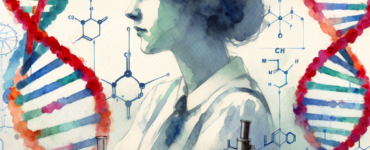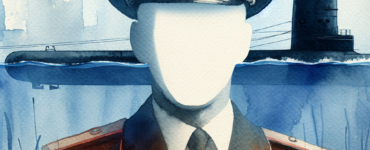How did one man’s intellect and ingenuity contribute to ending the deadliest conflict in human history and lay the groundwork for modern computing as we know it today? This man, Alan Turing, remains an exemplary figure in the realms of mathematics, computing, and cryptography, whose efforts during World War II and contributions to the field of computer science are monumental.
Turing is most celebrated for his pivotal role in breaking the Enigma code, used by Nazi Germany’s military to encrypt secret communications. This breakthrough is credited with hastening the end of World War II by several years, saving millions of lives in the process. However, his achievements extend far beyond this single act of cryptographic brilliance. Turing’s ideas formed the conceptual and practical foundation for the modern computer1.
The Enigma machine was a complex encryption device used by the Germans, believed to be unbreakable. Turing led a team at Bletchley Park, Britain’s secret code-breaking center during the war, where he designed the Bombe, a machine that significantly increased the speed of decoding Enigma messages 2. This achievement not only demonstrated Turing’s genius in cryptography but also his pioneering work in mechanical computing((https://www.iwm.org.uk/history/how-alan-turing-cracked-the-enigma-code)).
In the aftermath of the war, Turing turned his attention to the development of computers. He proposed an idea for a universal machine, later known as the Turing Machine, which is considered one of the foundational models of computation3. This concept has deeply influenced the evolution of computer science, leading to the development of programmable computers and the vast computational systems that underpin the modern digital age((https://www.computerhistory.org/revolution/birth-of-the-computer/4/78)).
Despite his monumental contributions, Turing’s personal life and legacy faced serious challenges. In 1952, he was prosecuted for homosexual acts, which were then illegal in the UK4 . This led to the tragic end of his career and eventually his life. It was not until 2013 that he was granted a posthumous royal pardon, and by 2017, the “Turing Law” was established to pardon men who were cautioned or convicted under historical legislation that outlawed homosexual acts5.
Alan Turing’s life story is a testament to the idea that a single individual’s work can change the world for the better, even in the face of personal adversity. His genius lay not only in his mathematical formulations and cryptographic inventions but in his foresight about the impact that machines could have on humanity. It encourages us to believe in the power of ideas to shape the future and reminds us of the importance of perseverance and courage in the face of injustice and oppression. Let Turing’s legacy inspire us to approach problems with innovative solutions, champion the cause of freedom, and continue pushing the boundaries of what’s possible with technology and intellect.
- https://www.britannica.com/biography/Alan-Turing [↩]
- https://www.britannica.com/topic/Bombe [↩]
- https://plato.stanford.edu/Entries/turing-machine/ [↩]
- https://sitn.hms.harvard.edu/flash/2012/turing-biography/ [↩]
- https://www.kingsleynapley.co.uk/insights/blogs/criminal-law-blog/disregarding-convictions-the-turing-law-and-its-limitations#:~:text=This%20law%20followed%20the%202013,involving%20now%2Dabolished%20sexual%20offences. [↩]






































Add comment